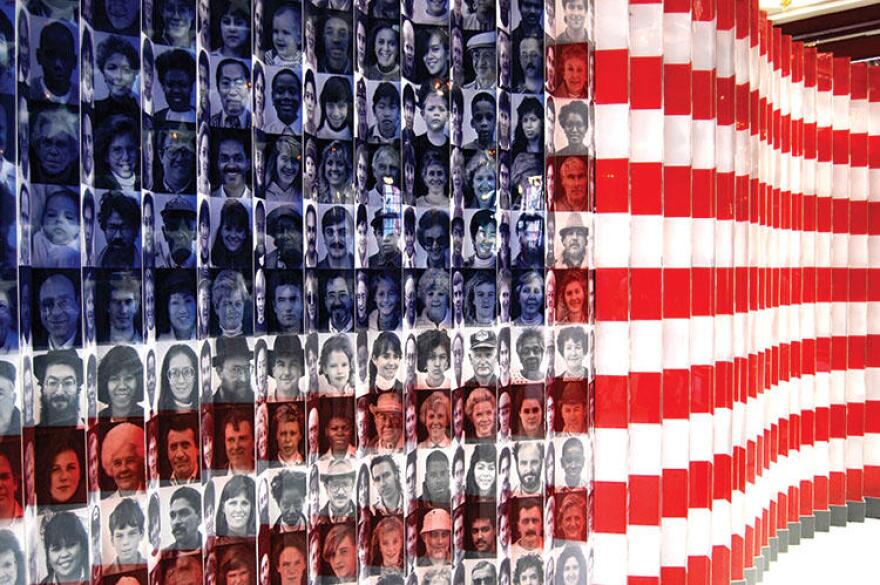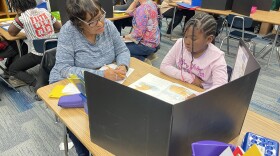One month away from the presidential election of 2016, many in the United States find themselves with more questions than answers.
There is a great disparity between the two candidates, and voters find themselves facing toxic rhetoric. Each side is blaming the other. Some compare it to the era of the Civil War, when the country was divided and flew two separate flags.
Charity is an African American woman in her late twenties who grew up in both Mississippi and Madison. While in the south, she was confronted by the country's Civil War history via the Confederate flag. She talks about her own and her sister's differing ways of dealing with that.
"My older sister still lives in Mississippi," she explains. "She's come from the perspective of, well, these people [who fly the Confederate flag] are trying to defend their history."
"I understand that. I strongly disagree with their side of history, is my point," Charity counters. "I have a difficult time grappling with the morals and ethics involved in revering a flag that basically meant that people would still be in enslavement."
Charity says that since her youth she has taken issue with the American flag as well. She was suspended in elementary school for not standing with her hand on her heart during the Pledge of Allegiance. Once school officials compelled her to do that, she took issue with the statement "one nation under God," because of the principle of separation of church and state.
For Charity, the flag is a complicated symbol representing a mixed bag of American principles. Even today, she doesn't get a sense of belonging when she looks at it. "I think there's sadness with the feeling of separation and the feeling of being an 'other' in this country right now," Charity says.
"We live in this country as citizens," she assesses. "That's where our idea of patriotism comes from, not from a scrap of fabric or reciting these particular words."
Material culture contributor Gianofer Fields curates the Radio Chipstone series. The project is funded by the Chipstone Foundation, a decorative arts foundation whose mission is preserving and interpreting their collection, as well as stimulating research and education in the decorative arts.





